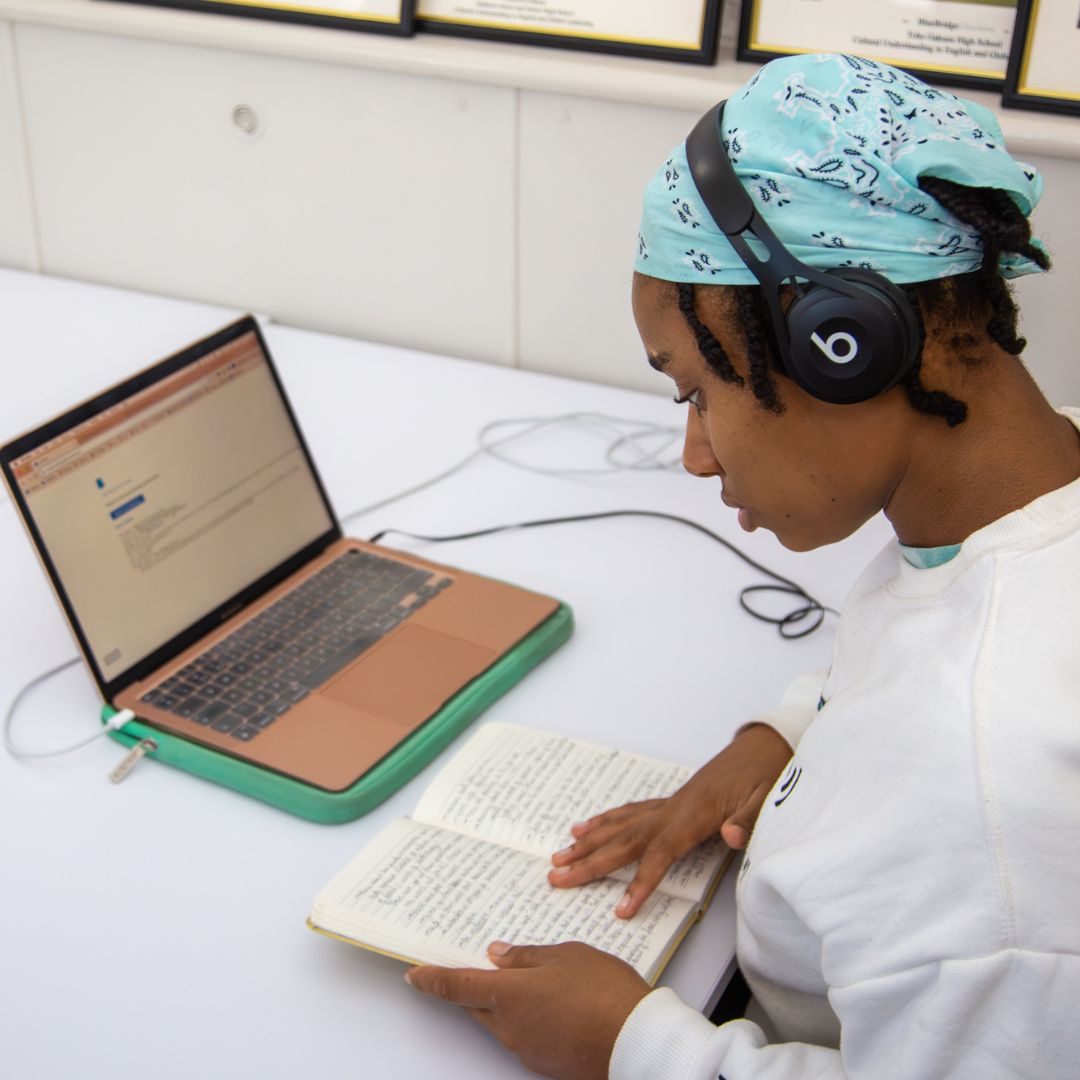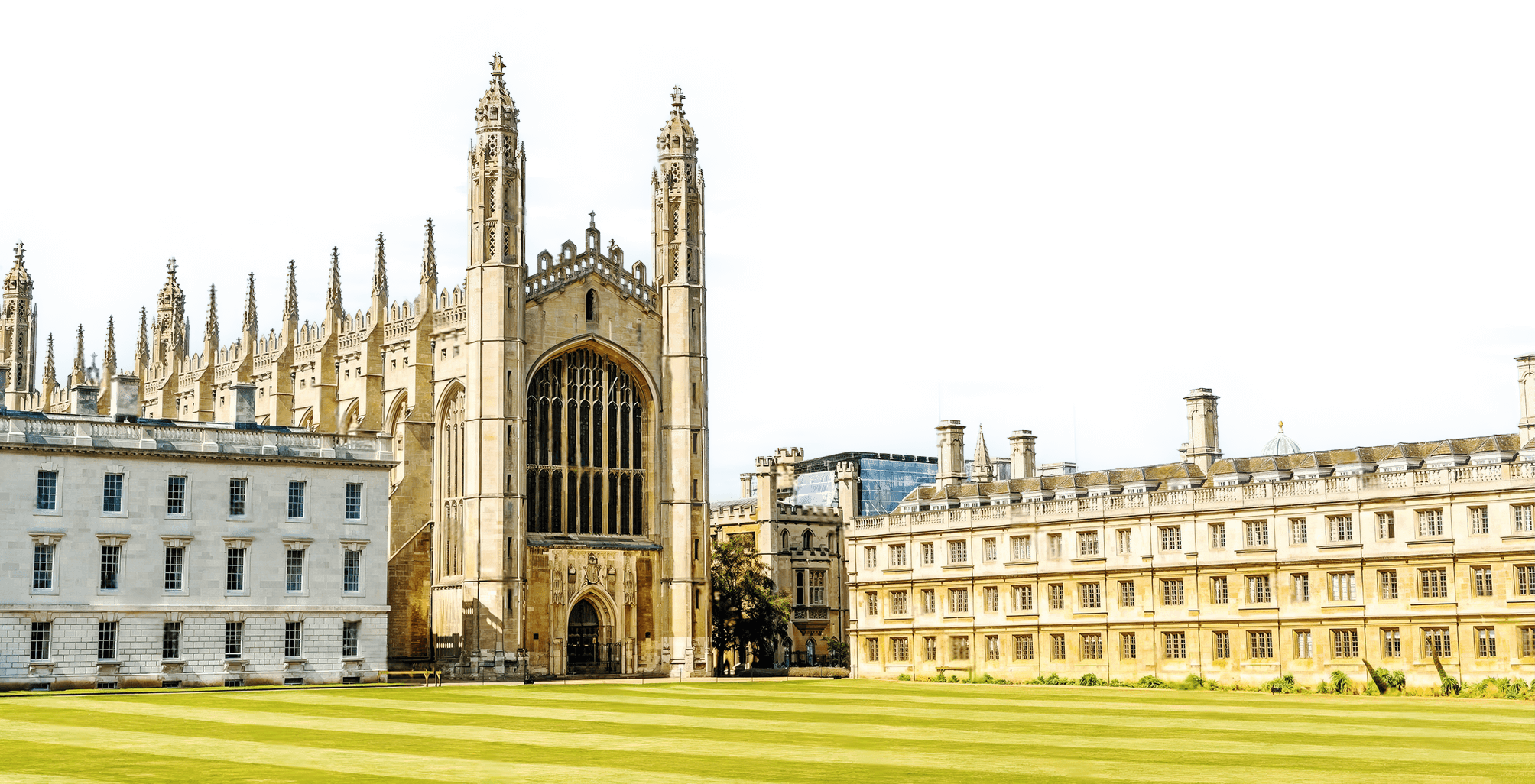
Explore Careers & Global Perspectives
Students gain early insight into fields such as medicine, law, business, and technology, supported by hands-on workshops, industry speakers, and leadership development activities.

International Student Community
Learn alongside motivated peers from across the world, developing lifelong friendships and global awareness in a collaborative and inclusive environment.

Mentorship & Feedback
With small class sizes and caring teachers, students receive tailored support and feedback that helps build confidence and improve academic performance.
%20(2).jpg)
World-Class Faculty & Cambridge Expertise
Courses are delivered by academic experts and industry practitioners affiliated with the University of Cambridge, blending cutting-edge research with real-world insight.

Career-Focused and Research-Enriched
Students explore future pathways through practical workshops, industry insights, and get exposure to Cambridge-style teaching.












%20(1).png)
%20(2).png)



















